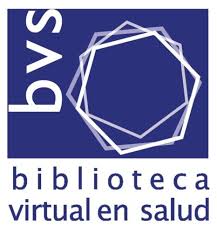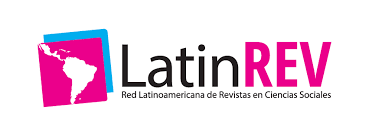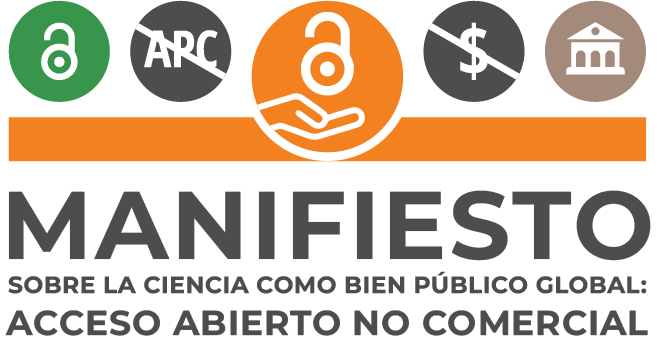Relationship between risk and factors associated with postpartum depression in the immediate puerperium in women with low obstetric risk
DOI:
https://doi.org/10.5377/creaciencia.v14i1.13200Keywords:
Edinburgh Postnatal Depression Scale, risk factor's, depression postpartum, prevalence, depression risk, Zacamil National Hospital, El SalvadorAbstract
Postpartum depression is the most frequent psychiatric pathology during the puerperium worldwide, it is estimated that its prevalence doubles in women in developing countries. It is a picture of major depression that is established within the first four weeks to one year postpartum and includes guilt, sleep disturbances, mood swings, easy crying and sadness. Despite being a pathology of health importance, in El Salvador there are no epidemiological data to address it. Therefore, an investigation was carried out with the objective of determining the relationship between the risk and factors associated with postpartum depression in the immediate puerperium of women with low obstetric risk, treated at the Zacamil National Hospital during November 2019. The study was carried out with quantitative approach, correlational, cross-sectional and prospective scope, a sample of 180 women in the immediate postpartum period, who met the evaluation criteria, was studied. Data were collected through a survey, using the Edinburgh Postnatal Depression Scale and a risk factor questionnaire as instruments. From this study, a prevalence of risk of postpartum depression of 44.4% was determined. In addition, it was determined that there is a significant correlation between the risk of postpartum depression and domestic violence, marital status, origin, schooling, job stability, feelings of guilt, support networks, changes in future aspirations, family planning methods, pregnancy planning and desire for pregnancy.
Downloads
Published
Issue
Section
License
Copyright (c) 2022 Journal Creates Specialized Science in Health Areas

This work is licensed under a Creative Commons Attribution-NonCommercial-ShareAlike 4.0 International License.
Los artículos de Crea Ciencia están publicados en acceso abierto bajo una licencia CC BY-NC-SA 4.0 de la Universidad Evangélica de El Salvador.





















